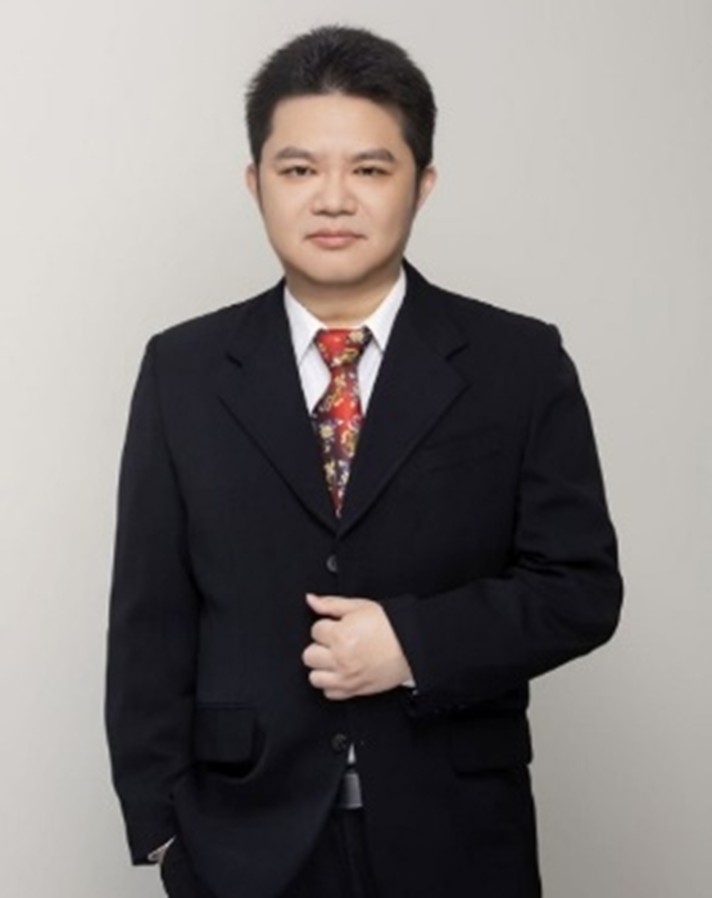| Prof. Longkai WuCentral China Normal University, China Longkai Wu is a professor and PhD supervisor at the National Engineering Research Centre for E-Learning & MOE Educational Informatisation Strategy Research Base, Faculty of Artificial Intelligence in Education, Central China Normal University, Wuhan, China. He holds a Doctor of Philosophy degree in Learning Science and Technology from Nanyang Technological University (NTU), Singapore. His research interests include Artificial Intelligence in Education, Virtual and Augmented Reality, Formal and Informal Learning, STEM, Learning by Inquiry, Information Technology and Policy in Education. He is the leading Principle Investigator of a key project funded by the National Social Science Fund of China, and he has also led and co-led several Singapore National Research Foundation and Ministry of Education funded research projects totaling over S$3 million. He has led the publication of four books and published over 100 international journal articles, international book chapters and top conference papers. He is also program committee member for international conferences organized by IEEE Technical Committee on Learning Technology, International AI & Education Society, Asia-Pacific Society of Computers in Education, and Global Chinese Society on Computers in Education. |

